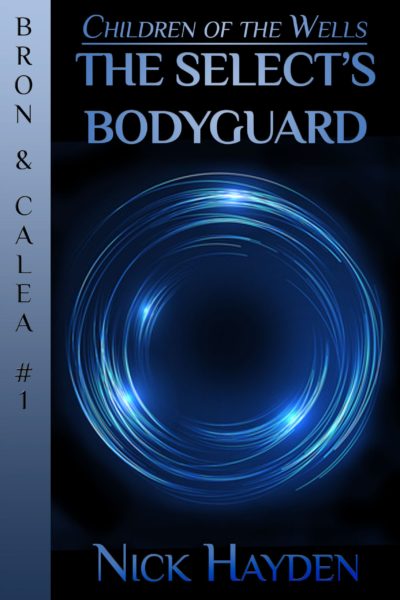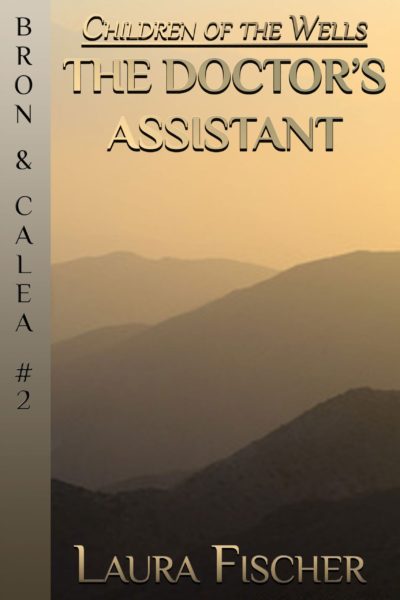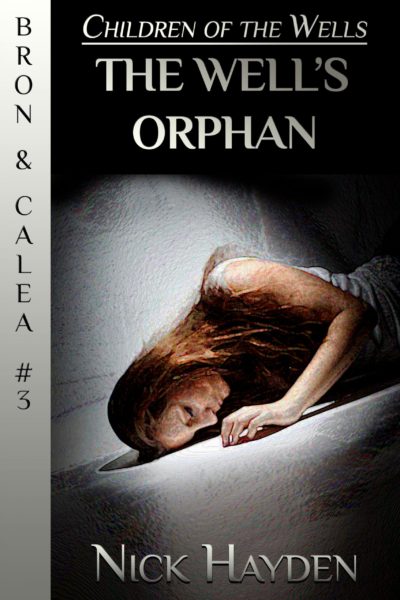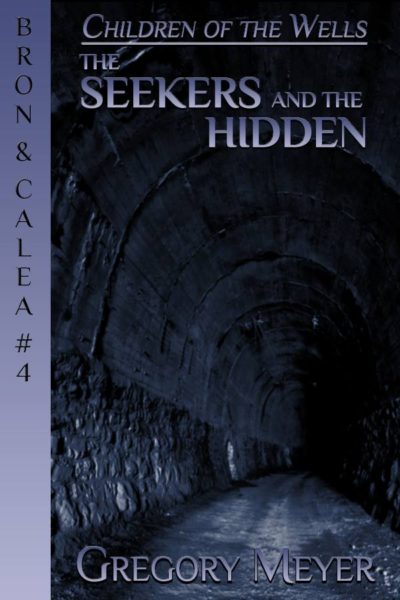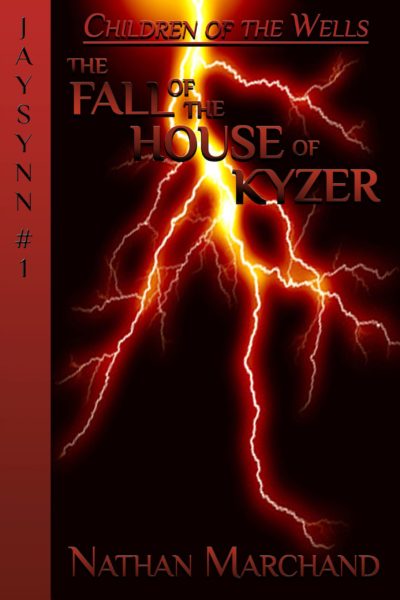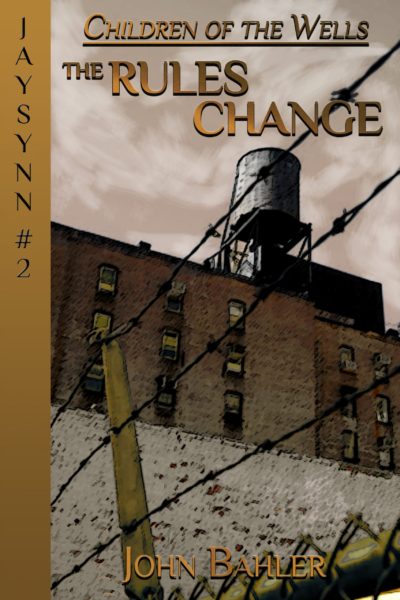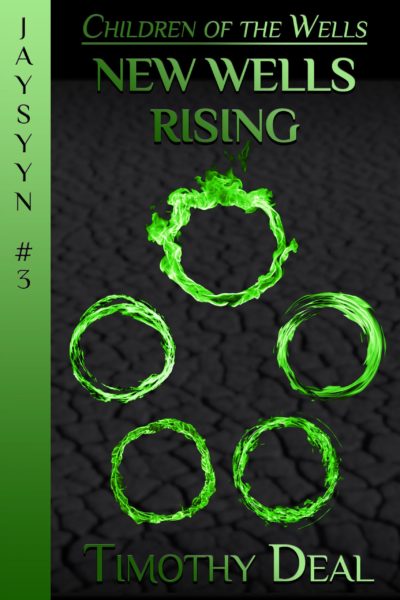By Nathan Marchand
November 22, 2013
This blog was also posted on the author’s website.
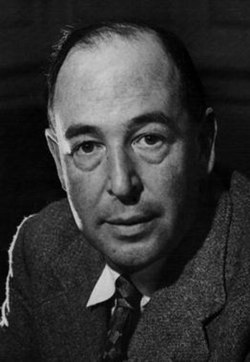
Interestingly, there’s a short book that features a philosophical dialogue between these three icons: Between Heaven and Hell by Peter Kreeft. It’s a fascinating debate between them.
While I could go on about any of these men, I’ll focus on Lewis. If you’ve read my bio on my website, you know I list C.S. Lewis as one of my literary influences. But he’s done more than influence my writing: he’s shaped much of my thinking.
Lewis was a Christian, an intellectual, and a writer. He came from an atheistic background, but he always loved myths and stories. He believed in the power of narrative. This, along with some help from his best friend, Lord of the Rings author J.R.R. Tolkien, was what brought him to faith in God. He saw the truth of the “Christian myth” and saw that it was more than a mere myth.
Lewis was a writer whose works dabbled in things that many modern Christians shy away from. He could write stories featuring magic and mythic creatures without violating his conscience or his faith. He simply said these were powers and creatures created by God, that those mythic stories and fairy tales all pointed back to Him. He wrote science fiction that beautifully examined the effects of sin and the far-reaching power of redemption. He dared to examine Christianity, proving time and again that faith and intellectualism are not contradictory. Yet he did so in a way that neither talked down nor talked over his readers and listeners. I’ve heard someone describe him as a “redneck with a Ph.D.”
Yet he did all of this without proselytizing. Lewis was a man who didn’t have to preach at you in his works: he simply told stories. His faith would seep into his stories almost accidentally. It was a huge part of his life. Authors always tap into themselves—their experiences, beliefs, and knowledge—to craft a story. So, what Lewis wrote was “Christian” in the sense that he was a Christian who wrote. I love this because I don’t like being preached at about anything—whether it be Christianity, environmentalism, or whatever else—when I’m reading or watching a story. I just want to enjoy the story. If it inspires deep thought in me as I read/watch or after I finish it, then it is a truly great story. Art doesn’t necessarily tell you the truth; it inspires you to ponder what the truth is.
We here at Children of the Wells wouldn’t be telling this grand saga if not for people like Lewis. We owe him a great debt of gratitude. Without him, this serial wouldn’t exist.
So, if you’re looking for some good reading (besides this serial, of course), go to your local library and check out his books! You won’t regret it.
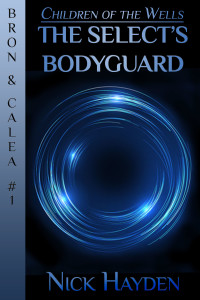
Don't miss a single word of stories as they are published! You'll also receive first notice of special sales and behind-the-scenes information.

